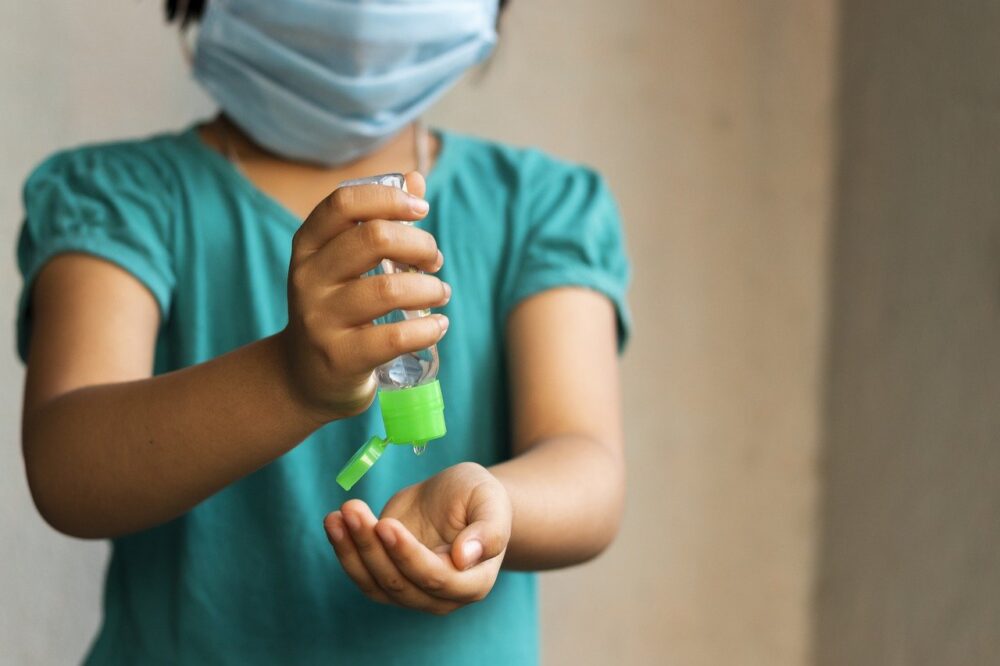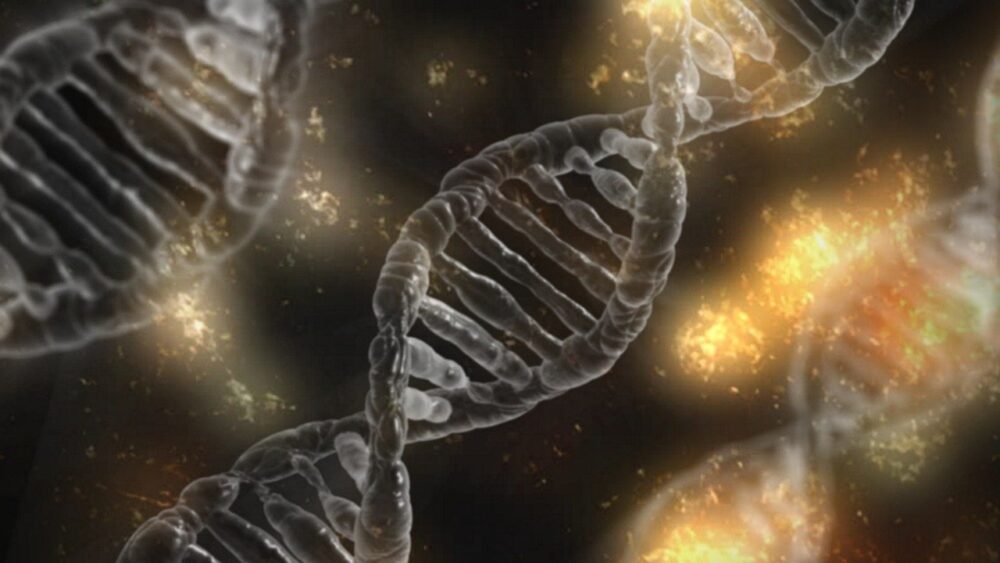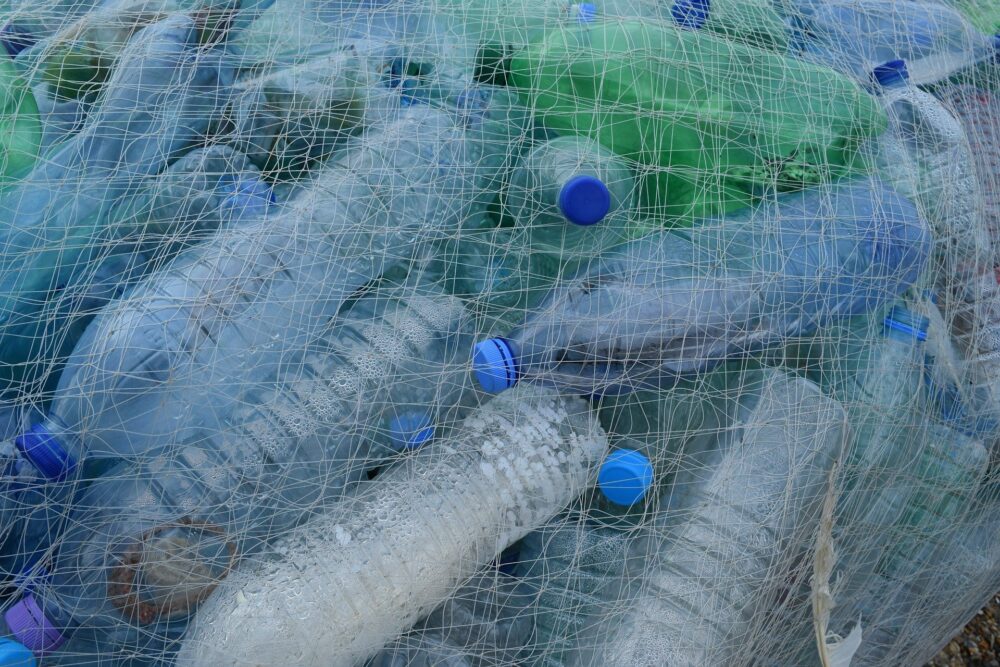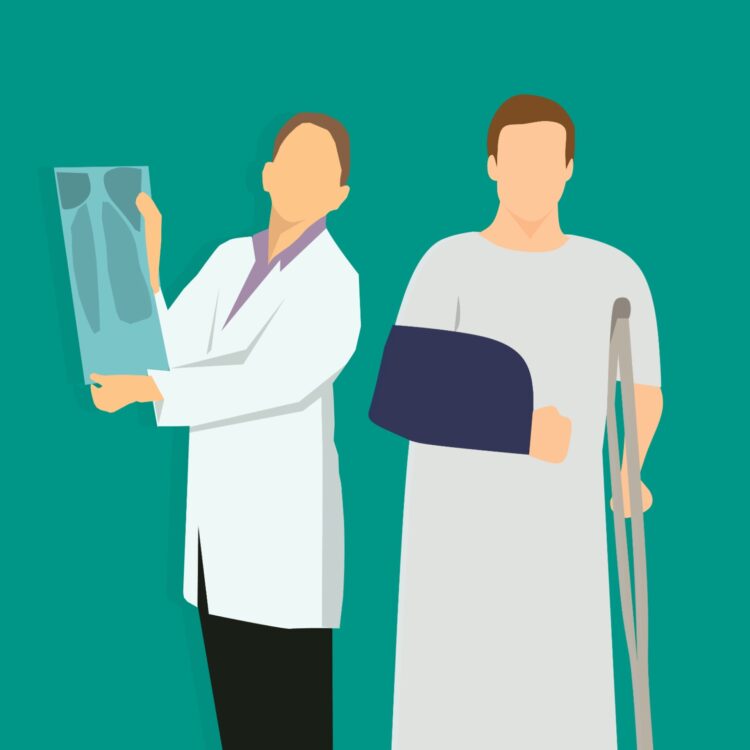The perils of hand sanitizer
What if hand sanitizer was actually increasing our risk of viral and bacterial infection? While hand sanitizer has emerged as a panacea for preventing viruses and bacterial diseases, is it as reliable as we think? The impacts of consistently using hand sanitizer are of even greater importance now amidst a global pandemic, in which the […]
The perils of hand sanitizer Read More »








